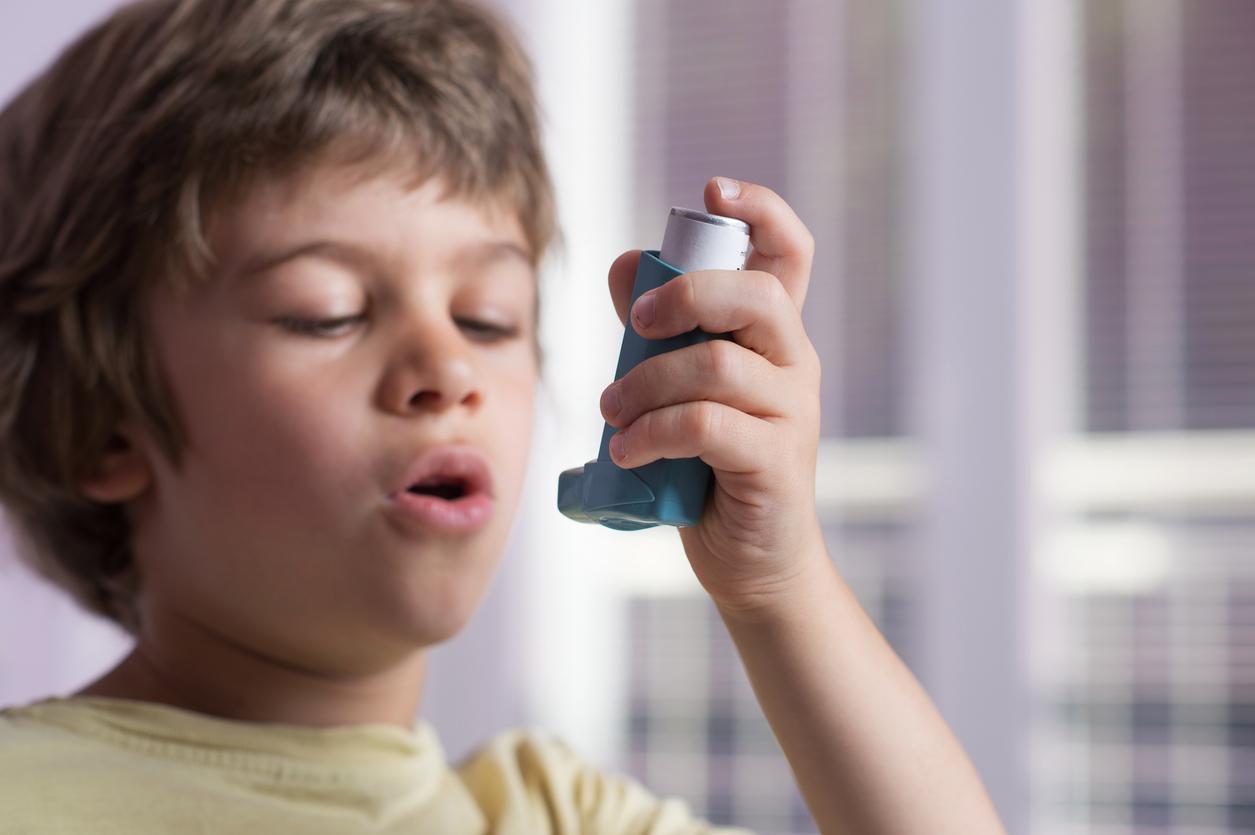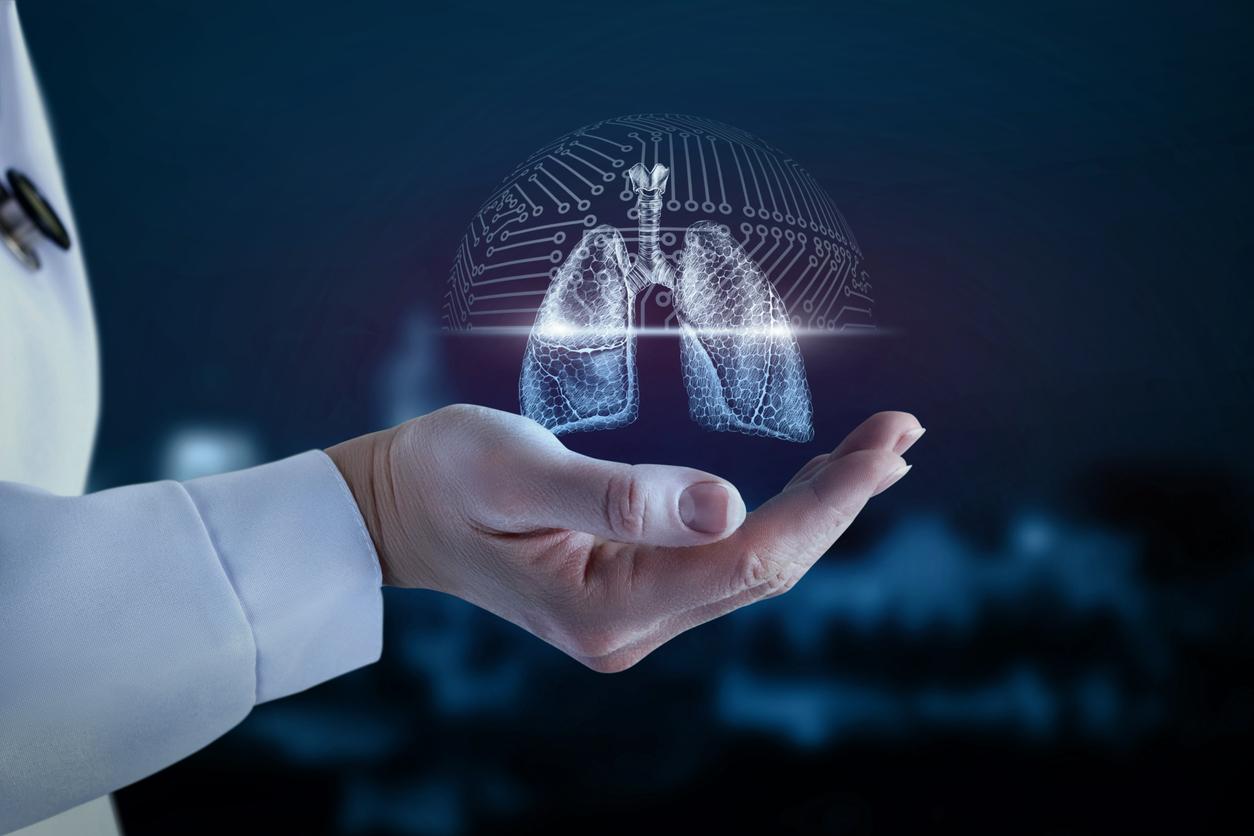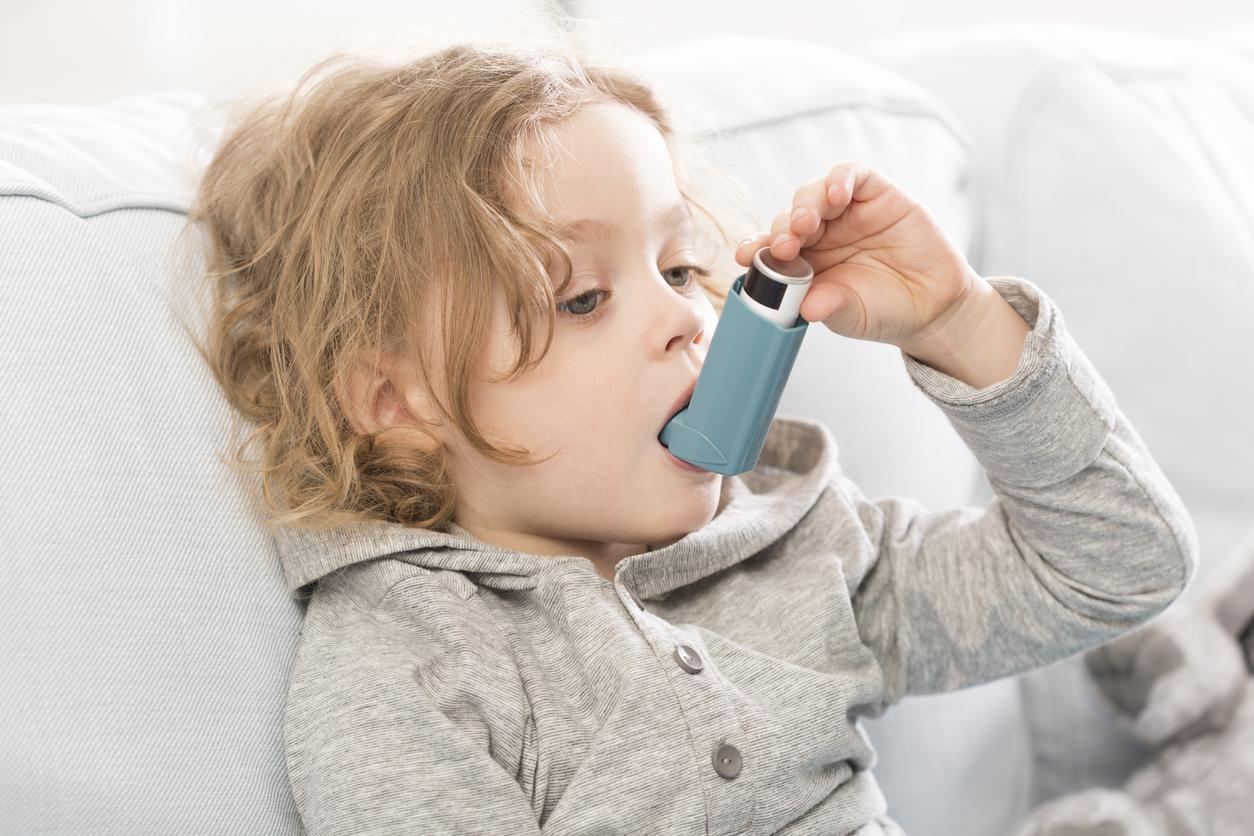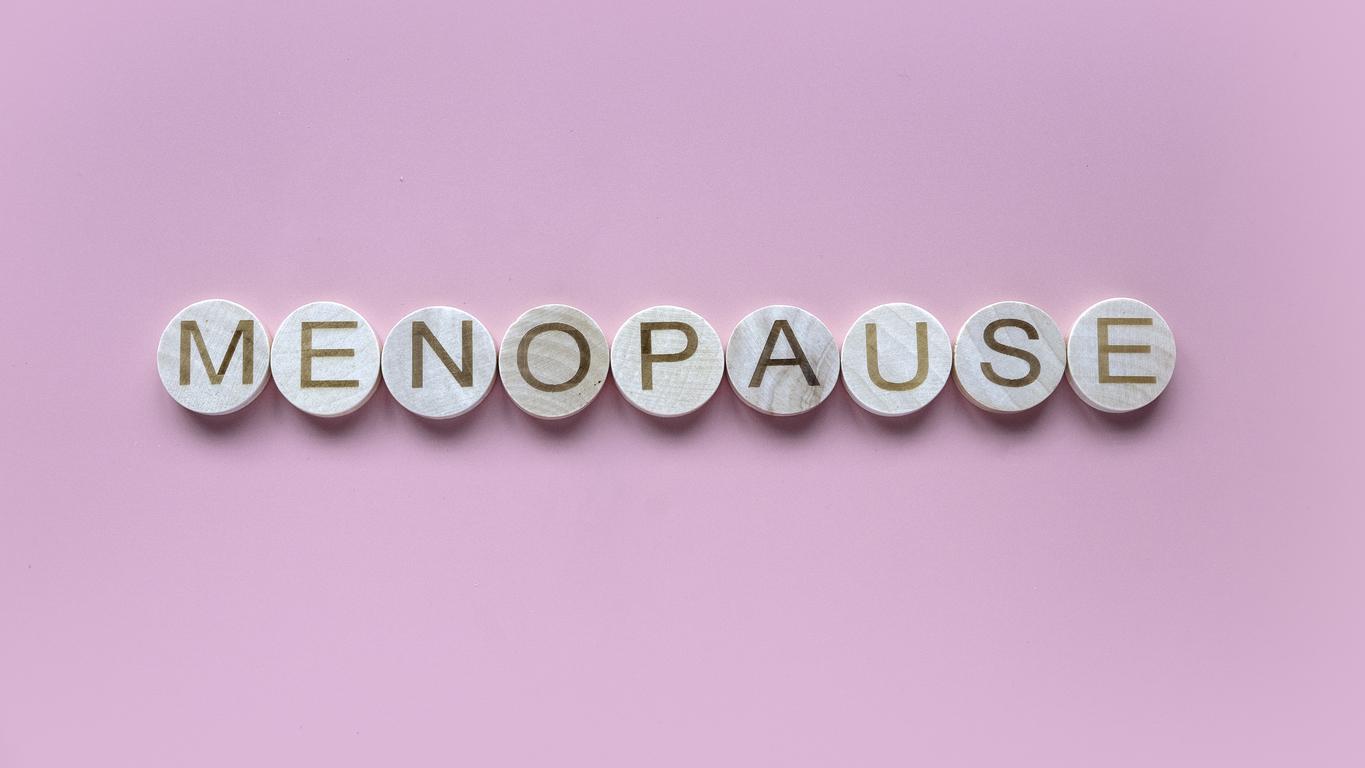Asthma: what is wrong
Asthma slows growth
Not at all. It is asthma, untreated or poorly treated, that influences growth. Current treatments, at the recommended doses, have no effect on the normal development of the child. And if any delays could have been observed in the past with corticosteroids used in high doses and over long periods, they were only of the order of a centimeter, hardly more.
It is less severe in children
No. In most cases, childhood asthma has an intermittent form. It only occurs occasionally, and under very specific conditions (contact with pollens, an animal, inhalation of polluting substances, stress, etc.). But there are also persistent forms of asthma, more or less severe, in toddlers. In this case, it is present throughout the year and the causes are multiple. The diagnosis can only be established after a complete work-up and an accurate measurement of the breath.
Treatment is lighter in children
In fact, it does not depend on the age but on the severity of the disease. DMARDs are therefore reserved for persistent asthma. As in adults, they are based on the combination of anti-inflammatory drugs and bronchodilators, which are very well tolerated. With the right treatment, and if the child can take it on his own, knows how to react in case of attacks and how to avoid them, the manifestations of asthma can be perfectly controlled. Today there are Asthma Schools which allow patients to learn to manage their disease on a daily basis and therefore to lead a completely normal life.
Better to avoid playing sports
No. The practice of a sporting activity, with the exception of scuba diving and horse riding, in case of allergy to the horse, is even recommended because it develops the respiratory capacity and allows better control of the disease. Taking preventive medication to avoid a crisis after exercise is sometimes necessary and certain precautions are essential: learning to breathe through the nose, gradually warming up … But one thing is certain, if a small asthmatic experiences Difficulties in playing sports is that its care is not appropriate: you must consult your pulmonologist!
With the collaboration of Dr Etienne Bidat, pulmonologist at Ambroise Paré hospital (Boulogne-Billancourt).
Asthma: what is true
Asthma is hereditary
Yes. There is a genetic predisposition to this disease, but a child can also be the first patient in the family. The hereditary character is mainly linked to a family allergic ground. We have thus observed that a child had a 30% risk of becoming allergic if one of his parents suffered from hay fever, eczema … and 70% if both parents were affected by the same symptoms. If this is the case, and your child often shows signs of shortness of breath, difficulty breathing, or coughing a lot, talk to your pediatrician.
We can cure it spontaneously
True and false. Infant asthma, linked to viral factors, is cured in 60 to 80% of cases. The prognosis is all the more favorable since there is no family or personal allergic history. In older children, seizures disappear before adolescence in about 50% of cases. However, they can reappear in adulthood in some patients, especially because they start to smoke. Medical follow-up is therefore always essential.
It is not advisable to have an animal
True and false. If the child is allergic, adopting an animal is not recommended, especially if it is a rodent, particularly allergenic. On the other hand, according to a recent American study, the presence, from birth, of a dog or a cat would be beneficial for children who have not yet developed allergies since it would increase their tolerance to allergens. It is also necessary that the parents, in particular the mother, are not themselves asthmatic.
You have to pay attention to the environment
Yes. Asthma is very often linked to allergic reactions, it is necessary to eliminate the triggering factors such as dust mites, pollens, animal hair, molds, but also certain food allergens (peanuts, eggs …), if the child is there. is sensitive. Precautions are essential during pollution peaks, and refraining from smoking in the presence of an asthmatic child is imperative. Cigarette smoke is one of the worst triggers of the crisis. In addition, during pregnancy and after birth, passive smoking increases the chances of developing the disease in the infant.














